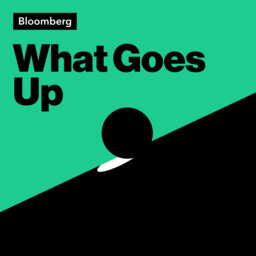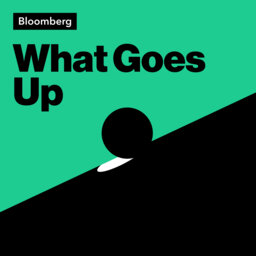Money Is Just a Meme
Non-fungible tokens, or NFTs, went from non-existent to taking over the world in record fashion. But what is their utility besides being collectibles? Brian Mosoff, chief executive officer at Ether Capital, talks about how something can "meme" its way into becoming valuable and why NFTs are gaining traction in an environment where everyone's searching for scarcity. Plus, he shares his views on how cryptocurrencies can play a part in a portfolio and how the space could be regulated.
 What Goes Up
What Goes Up


